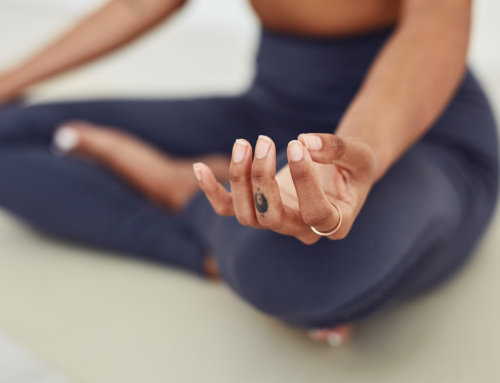- Establish a Consistent Sleep Schedule: One of the most effective ways to improve sleep quality is to establish a consistent sleep schedule. Aim to go to bed and wake up at the same time every day, even on weekends. This helps regulate your body’s internal clock and reinforces healthy sleep-wake cycles.
- Create a Relaxing Bedtime Routine: Developing a relaxing bedtime routine can signal to your body that it’s time to wind down and prepare for sleep. Incorporate activities such as reading, taking a warm bath, or practicing relaxation techniques like deep breathing or meditation to promote relaxation and reduce stress.
- Optimize Your Sleep Environment: Create a sleep-friendly environment by making sure your bedroom is cool, quiet, and dark. Invest in a comfortable mattress and pillows that support good sleep posture, and consider using blackout curtains, earplugs, or white noise machines to minimize disruptions.
- Limit Exposure to Screens Before Bed: The blue light emitted by smartphones, tablets, and computers can interfere with the production of melatonin, a hormone that regulates sleep-wake cycles. Limit screen time before bed and consider using devices with built-in blue light filters or using apps that reduce blue light exposure.
- Watch What You Eat and Drink: Avoid heavy meals, caffeine, and alcohol close to bedtime, as they can disrupt sleep patterns and lead to restless nights. Instead, opt for light, easily digestible snacks and beverages like herbal tea or warm milk to promote relaxation.
- Stay Active During the Day: Regular physical activity can promote better sleep by helping you fall asleep faster and enjoy deeper sleep cycles. Aim for at least 30 minutes of moderate exercise most days of the week, but try to avoid vigorous exercise close to bedtime, as it can be stimulating.
- Manage Stress and Anxiety: Stress and anxiety can wreak havoc on sleep quality, making it difficult to fall asleep and stay asleep throughout the night. Practice stress-reduction techniques such as mindfulness meditation, progressive muscle relaxation, or journaling to calm your mind and promote relaxation before bed.
- Limit Naps During the Day: While short naps can be beneficial for some people, excessive daytime napping can interfere with nighttime sleep. If you must nap during the day, aim for a nap of 20-30 minutes in the early afternoon to avoid disrupting your sleep-wake cycle.
- Create a Comfortable Sleep Environment: Invest in a comfortable mattress and pillows that support good sleep posture, and consider using blackout curtains, earplugs, or white noise machines to minimize disruptions.
- Seek Professional Help if Needed: If you’ve tried various strategies to improve your sleep but still struggle to get adequate rest, consider seeking help from a healthcare professional. They can help identify underlying sleep disorders or other medical conditions that may be affecting your sleep and recommend appropriate treatment options.
 Getting good sleep is essential for overall health and well-being. By implementing these ten proven strategies, you can create a sleep-friendly environment, develop healthy sleep habits, and prioritize restorative sleep each night. Consistency is key, so stick to your sleep routine and give yourself time to adjust. With patience and persistence, you can enjoy better sleep and wake up feeling refreshed and energized each morning.
Getting good sleep is essential for overall health and well-being. By implementing these ten proven strategies, you can create a sleep-friendly environment, develop healthy sleep habits, and prioritize restorative sleep each night. Consistency is key, so stick to your sleep routine and give yourself time to adjust. With patience and persistence, you can enjoy better sleep and wake up feeling refreshed and energized each morning.
Read more about blood clots and women’s health here.
Share your wellness and selfcare tips with us on social media, or drop a line to us at [email protected]. We want to recognize and share the community’s input on these important wellness and self care topics in the context of blood clots and clotting.
Empower Your Health: Embrace Wellness, Prevent Clots Post 1, March 13, 2024


 In a world filled with constant distractions and responsibilities, getting a good night’s sleep can sometimes feel like an elusive goal.
In a world filled with constant distractions and responsibilities, getting a good night’s sleep can sometimes feel like an elusive goal.
